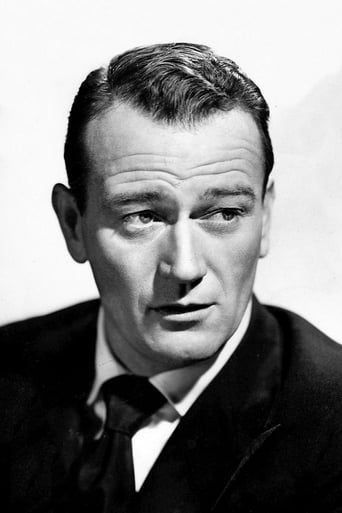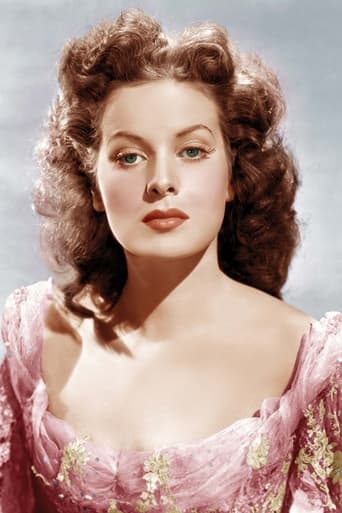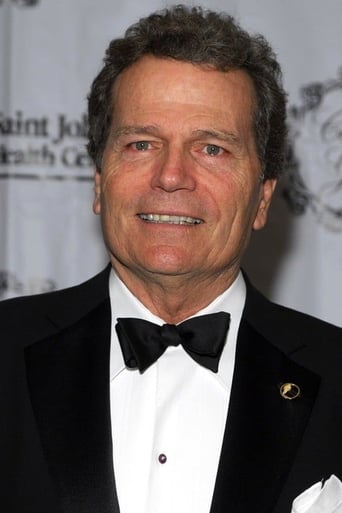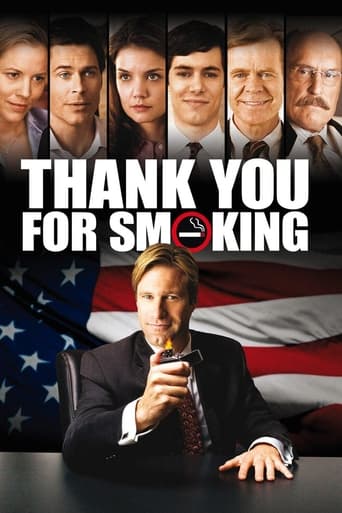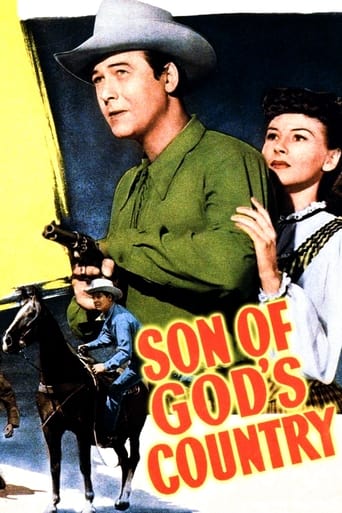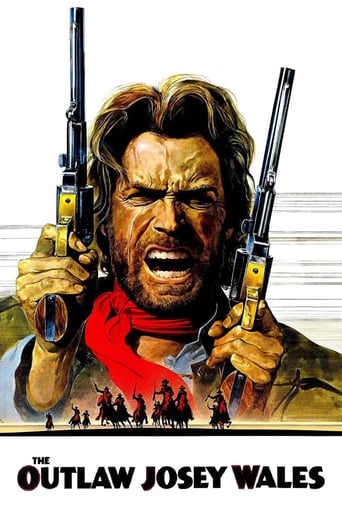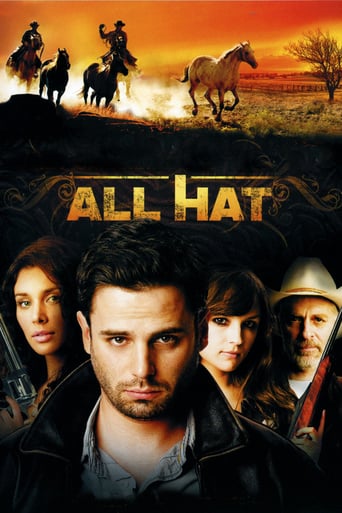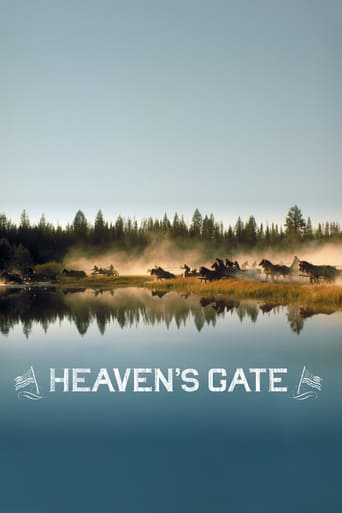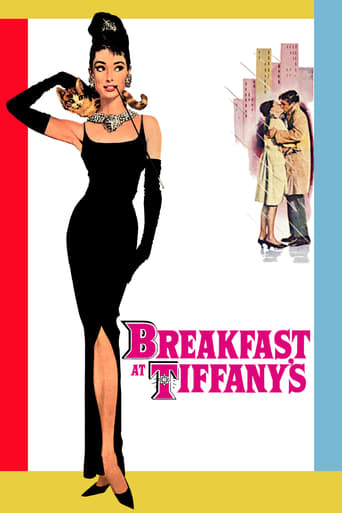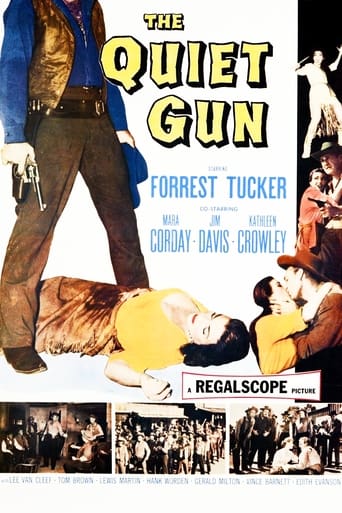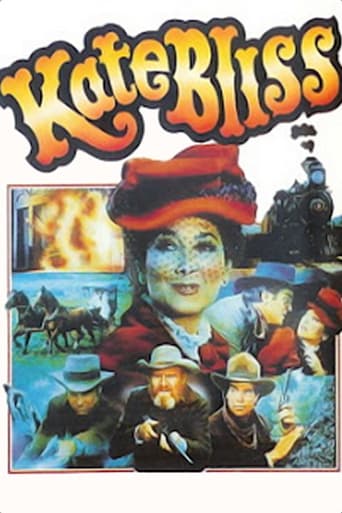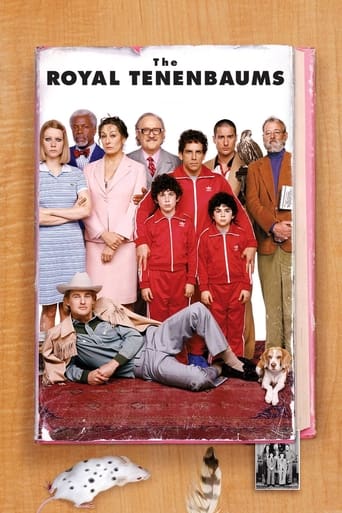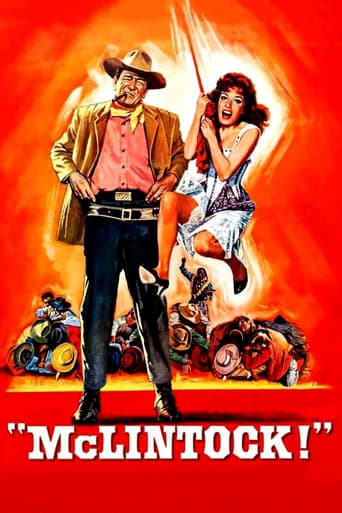
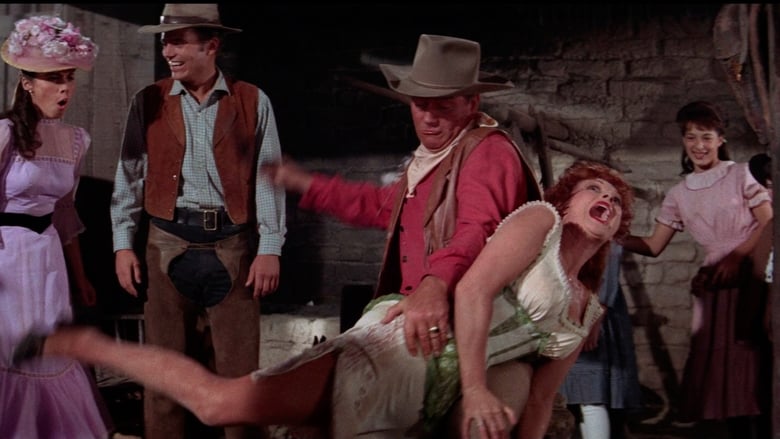
 Watch Now
Watch Now






McLintock! (1963)
 Watch Now
Watch Now






Ageing, wealthy, rancher and self-made man, George Washington McLintock is forced to deal with numerous personal and professional problems. Seemingly everyone wants a piece of his enormous farmstead, including high-ranking government men, McLintock's own sons and nearby Native Americans. As McLintock tries to juggle his various adversaries, his wife—who left him two years previously—suddenly returns. But she isn't interested in George; she wants custody of their daughter.
Watch Trailer
Cast


Similar titles
Reviews
I think this is a new genre that they're all sort of working their way through it and haven't got all the kinks worked out yet but it's a genre that works for me.
Awesome Movie
It's not great by any means, but it's a pretty good movie that didn't leave me filled with regret for investing time in it.
It’s fine. It's literally the definition of a fine movie. You’ve seen it before, you know every beat and outcome before the characters even do. Only question is how much escapism you’re looking for.
Wayne's film company, Batjac, needed a sizable commercial hit that was relatively quick and cheap to produce, to make up for the financial loss from making the long expensive "The Alamo". The winner was this Western semi-farce, which included resurrecting elements of two John Ford-directed films made a decade previously costarring Wayne and Maureen O'Hara: "Rio Grande" and "The Quite Man", with the major theme based on "the Taming of the Shrew" It far outdid Ford's penchant for including some humor, especially the slapstick variety. Unfortunately, Victor McLaglen, who had instigated much of the humor in Ford's cavalry trilogy films and "The Quite Man" was no longer around, although his son was present as the director. Thus, in addition to the repeated battle of the sexes between Wayne and Maureen taken to new heights, an additional element of conflict was needed to provide for a more complex plot. Thus, in place of warring Apaches(as in "Rio Grande") or an obstinate Irish traditionalist McLaglen, in "The Quite Man", we have various characters and elements which are at odds with G.W.'s(Wayne) rugged individualism: mostly agents of misguided federal government paternalism, reflecting Wayne's view of contemporary government liberalism agendas. Examples include: Indian agent Agard, daughter Becky's Eastern college-educated boyfriend, territorial governor Humphrey(in reference to democratic presidential candidate Hubert Humphrey), and the naïve homesteaders who hope to grow crops on government give away land barely suitable for grazing cattle. In contrast, G.W. respects Jake the general store owner, because he, on a much smaller scale, represents another man who, without the aid of government largess, established a successful business. He also likes Delvin(played by Wayne's son Patrick): a young man trying to support his widowed mother and sister by working hard for G.W., and G,W.'s bait for weaning Becky away from her effete Eastern boyfriend, thus helping to convince her to return to living in his realm. Unfortunately, I find this film considerably less appealing than do many, who presumably find over-the-top slapstick hilarious. With the coming women's lib movement, this film probably closes out the era when it was considered OK and hilarious for women being difficult on film to receive a paddling from their significant other. Here, we have not just one, but two women(Maureen and Stephanie Powers, as her daughter Becky) who receive a paddling over a man's knees, functioning as a redundant gag. Yvonne De Carlo, who plays G.W.'s new cook and house maid, Louise, received a similar paddling in "Frontier Gal", where she played a rather similar fighting -mad woman to Maureen's Kate. True, these episodes were mild compared to the beatings many women have received through the ages. But, I find them embarrassing, making women appear to be more like children than adults. If I were Kate, I certainly couldn't face continued residence in that region after the public humiliation inflicted by G.W., even if I deserved it. Kate and daughter Becky clearly must be masochists, as both are 'turned on' by their spankings(as was Yvonne's character in her previous film).Unfortunately, Maureen overplays her persona as an unforgiving snobby shrew we see no possibility of reform in. Was Kate like this before she left G.W. over his suspected philandering , or is this her response to this discovery? I suspect mostly the latter. Had G.W. become a drunkard and whore supporter before Kate left him, or has he developed these evening recreations in response to her leaving? We would like to believe that these characteristics have become much accentuated as a result of Kate's discovery of lipstick on G.W.'s collar, which apparently precipitated this whole ugly situation. At one time, they must have been a very industrious and savvy team in building up a huge cattle empire, along with a mine, lumber and other businesses in a dangerous frontier region. Underneath the overt hostility, we detect a lingering caring for the other. Katie assumes that Louise was hired mostly to be G.W.'s in-house mistress in her absence. But, Louise doesn't appear to be a fighter nor drinker. Thus, G.W. will probably find her boring as Kate's replacement. G.W. and Kate are both fighters, who need to fight and make up occasionally to provide sufficient drama to their relationship. Thus, under the surface, both are hoping they can reestablish a meaningful relationship, while saving face in the process.I prefer Maureen's less extreme shrewish spitfire characters in the much shorter, obscure, films: "Comanche Territory" and "Against All Flags". You may also. She gets booted in the derriere in the former, instead of spanked.Although the historical setting for this tale is of minor importance, it appears to take place around 1874-5, when the US army was called upon to round up the remnant southern plains tribes , which were rampaging due to unfulfilled US government promises. The dictate that these tribes move onto supervised reservation lands in Oklahoma Territory is dramatized. G.W. acts as the friendly spokesman-interpreter for these tribes in their oral response, in a council with the army.
George Washington McLintock (John Wayne) is a rich cattle baron. He finds he's inundated by settlers on unsuitable soil. The Indians are being pushed out. His daughter Becky is coming back, but his loud angry wife Katherine surprises him returning.This is a comedy that's inspired by Shakespeare's "Taming of the Shrew". It's definitely an old fashion western comedy. And I don't know if much of it is truly funny. I never found "Taming of the Shrew" that funny. Basically we're supposed to laugh at an opinionated woman. And the play ends when the shrew is tamed. It's kind of old fashion. It's kind of John Wayne. So it's perfectly understandable that they made it into an old fashion John Wayne western.
All the "baddies" are bureaucrats and called Cuthbert and Douglas, and all the "good guys" cowboys, and called Jake and Curly and G.W. (OK, and Devlin); and a fine time is had by all.I'm about as un-Republican as it gets, but this is my favourite John Wayne movie by quite a distance. A few of the jokes are overplayed, but in general it's a-sprawlin', horse-talking', action-filled, spankin' good fun (with a few spankin's thrown in for good measure). The two hours just fly by, and they can be watched more than once.John Wayne proves he had a funny-bone, and Maureen O'Hara matches him word for word and blow for blow; and they're ably supported by a fine cast, the standout of which is Chill Wills as the bewildered sidekick and family retainer.The only real inequality about this movie is that it isn't remembered as 'hers' just as much as 'his'.And in the midst of all this rip-roarin', stereotyped fun, they even had time to portray the Indians as a proud people, shabbily treated by a triumphalist government. That, in my book, offsets its minor drawbacks enough to give it a 10.*This* was the birthplace of Rooster Cogburn.
Perhaps not the film for those with a humour bypass or with political correctness issues but for the rest of us we can have a good old belly laugh at a movie that doesn't and isn't meant to be taken seriously.McLintock is an interesting character,on the surface an overbearing womanising drinker but underneath a good natured man with a heart of gold.He is tolerant of his daughter's choice of husband (a hard working but penniless young dirt farmer)He is also determined that the local native Americans have a square deal even though he has had some dust ups with them in the past.He enjoys a game of chess with the Jewish store keeper,a much valued friend who in the past gave McLintock and his then young family credit to survive a bad winter.If the film reflects Wayne's politics its done with a good humour.Unusually for a Wayne western nobody gets killed.Apart from a few punch up bruises the only injuries suffered are several punctured posteriors courtesy of Maureen O'Hara's hatpin.The plot concerns McLintock's estranged wife coming home to collect their daughter and to get a divorce.Like"The Quiet Man" the issue is settled by Wayne's character chasing our Maureen all around the town causing all sorts of mayhem then giving her a good spanking.He did the same to Elisabeth Allen in "Donovan's Reef".Oh well,if it works go for it,I wouldn't try it on my darling wife mind you.Old favourites Chill Wills and the delectable Yvonne de Carlo make welcome appearances,likewise the cameo from Leo Gordon was sublime.Gordon was one of the great western badies nobody had more shades of villainy,not even Lee Marvin.His previous appearance with Wayne was in "Hondo"He really surpasses himself,a loathsome horrible piece of work.Here he plays more stupid than bad as the worried father concerned with his daughter's whereabouts.Trying to hang the native American he holds responsible is not a good idea.She then turns up with a young cowboy in tow all fluttering eyelashes and feigned innocence.The rest is pure magic.Wayne grabs Gordon's shotgun repeatedly poking him in the stomach with it saying the immortal words 'Pilgrim,you've caused me considerable inconvenience,I haven't lost my temper in forty years,there was a time I would have hit you,I'm not going to now,the hell I'm not'The rest is history.With a nod to political correctness I'll give it eight stars,the hell I will make that ten.


